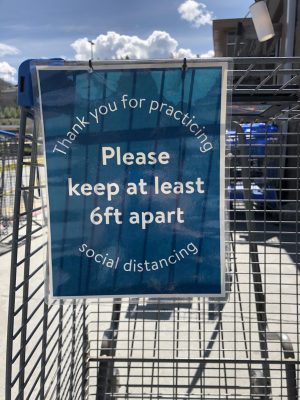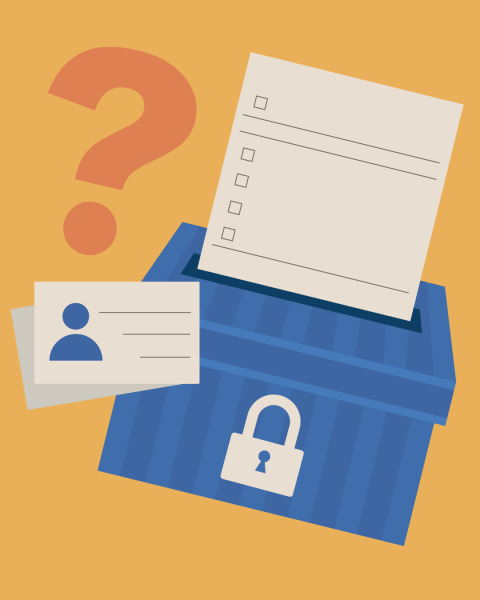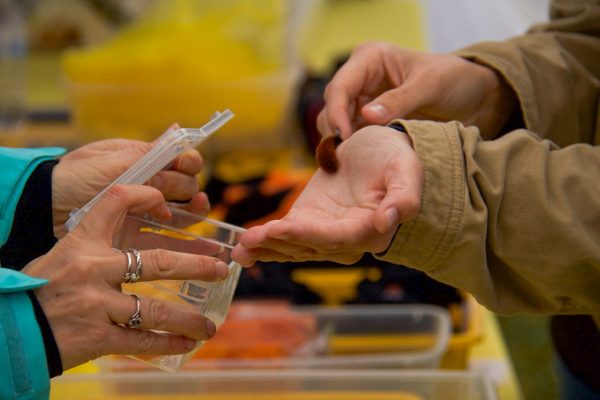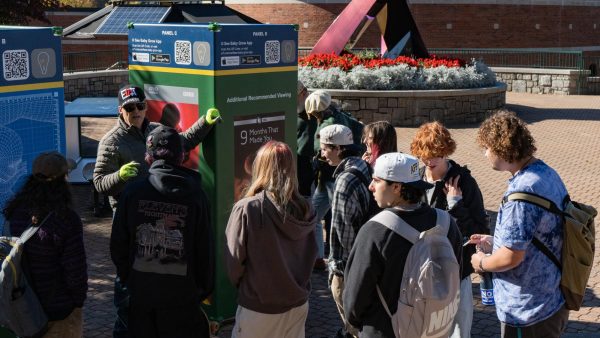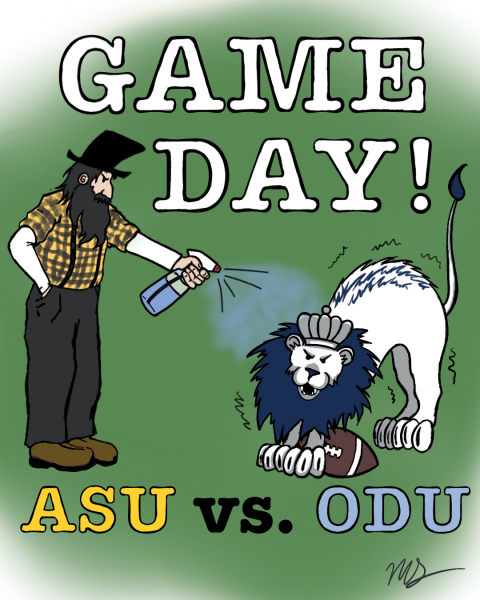Pets feel “ruff” transition to social distancing, too
April 17, 2020
Humans aren’t the only ones who find routines comforting, so do pets. But social distancing can have some ruff effects on our furry friends.
Sky Kale, a junior, is the owner of Teddy, a golden retriever training to be a service dog. Kale said Teddy no longer has a routine to follow due to the transition to online classes.
“He’s honestly so bored,” Kale said. “He’s picked up a lot of habits. He steals a bunch of things he finds. He’ll take my socks or my laundry, so he’s a thief now. He’s reverted to crime.”
Kale said they are concerned that Teddy will slack in his training due to lack of activities.
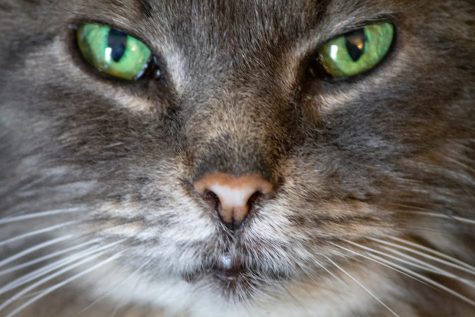
Pets thrive off of schedule, just like humans, and are feeling the impacts of social distancing just like their human counterparts.
“I don’t blame him,” Kale said. “I was almost considering taking off the in training label. He was doing so good and now I don’t know about it.”
Margaret Gruen, a veterinarian at the NC State Veterinary Hospital, said animals thrive on predictability and consistent interaction.
“Even if you’re getting an extra walk in the middle of the day, if you still have kind of your normal morning routine, those are the things that are recommended for all of us dealing with being at home,” Gruen said.
Cathy Kreis, a veterinarian at Appalachian New River Veterinary Associates, said when maintaining social distancing, going for more walks and extra training sessions can help keep animals healthy.
Kreis also recommends food puzzles, which encourage mental stimulation, for both cats and dogs. Food puzzles can help keep animals engaged and occupied.
“I think especially younger cats are gonna really enjoy having a little bit of challenge and trying to figure out how to get their paw into something to pull a kibble out,” Kreis said.
Gruen said that cats may not seek out interaction like dogs, and this should be respected.
“Really look to them for how much interaction they want,” Gruen said. “Cats are now in this much busier household, and so if they’re looking for a place where they can have some time alone, help them find that and respect that.”
When owners return to work, Gruen said there could be an increase in separation anxiety.
“The relationship with the dogs especially has changed a bit because not only are we home, but we’re really not going out,” Gruen said.
However, the negative impacts of isolation can be minimized through self-care for humans and pets, Kreis said.
“When we’re feeling really stressed or anxious, they are aware of that and they can struggle a little bit with some collateral anxiety,” Kreis said.
Kreis said because there are a lot of aspects about COVID-19 that still aren’t understood, it is better to limit your pet’s exposure to other humans. Researchers say there is no evidence that the pets can spread coronavirus.
“Even if you have a really long lead and the dog is more than six feet away visiting a stranger,” Kreis said. “We don’t think this virus can live for very long on soft surfaces like fur, but there’s a lot about the virus that we don’t understand.”


